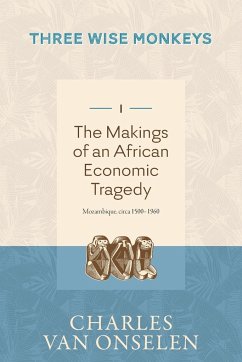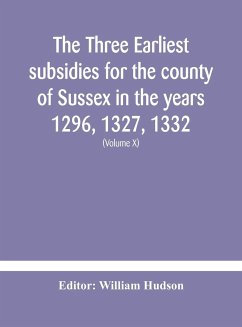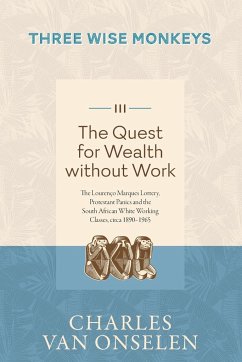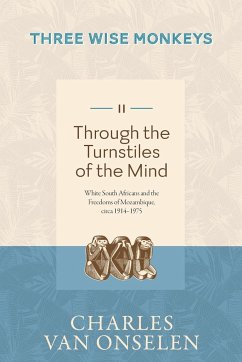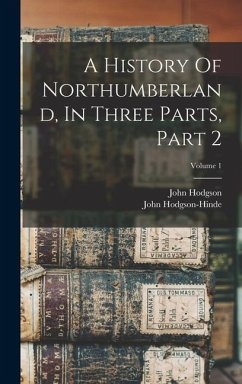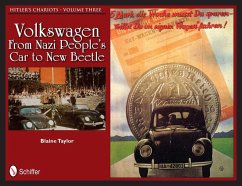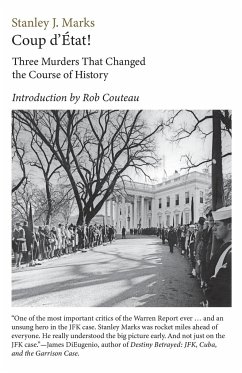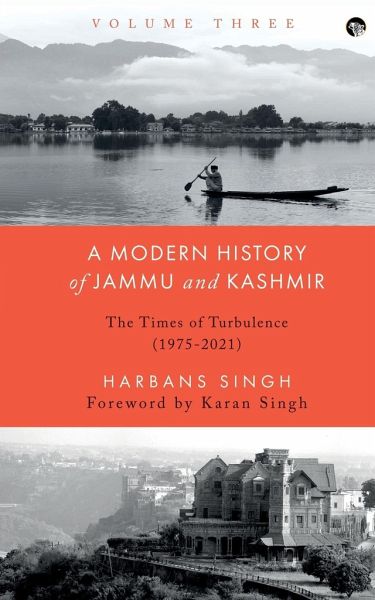
A MODERN HISTORY OF JAMMU AND KASHMIR, VOLUME THREE
Versandkostenfrei!
Versandfertig in 1-2 Wochen
45,99 €
inkl. MwSt.

PAYBACK Punkte
23 °P sammeln!
This third volume in Harbans Singh's important and insightful trilogy on modern Jammu and Kashmir examines the period from 1975, when Sheikh Abdullah returned to active politics, after the Indira-Sheikh Accord, to head a Congresssupported government, to the present day. The book discusses the emergence of the separatist movement, the mass exodus of Kashmiri Pandits in 1990, and the drastic decision of the BJP Central government to abrogate Article 370 of the Indian Constitution-which granted special status to the state-and bifurcate the state into two Union Territories-Jammu and Kashmir, and L...
This third volume in Harbans Singh's important and insightful trilogy on modern Jammu and Kashmir examines the period from 1975, when Sheikh Abdullah returned to active politics, after the Indira-Sheikh Accord, to head a Congresssupported government, to the present day. The book discusses the emergence of the separatist movement, the mass exodus of Kashmiri Pandits in 1990, and the drastic decision of the BJP Central government to abrogate Article 370 of the Indian Constitution-which granted special status to the state-and bifurcate the state into two Union Territories-Jammu and Kashmir, and Ladakh. Since the time of its creation, Jammu and Kashmir has always been fraught with conflict. But nothing can compare to the decades of aggressive militancy that the state has seen since the 1980s, with Pakistan playing a central role in the violence and chaos. Separatist groups like the All Parties Hurriyat Conference, among others, and terrorist organizations such as the Lashkar-e-Taiba, which is backed by Pakistan, have pursued a campaign of 'freeing' Jammu and Kashmir from what they describe as 'Indian rule'. India's security forces have maintained a heavy presence in the state to counter these plans. These turbulent years-when thousands have died and there have been protests across the state-have thrown Jammu and Kashmir into a limbo. As political parties-the National Conference and the Congress, and then the People's Democratic Party and the BJP-tried to wrest control of the state from each other, it is the people who have suffered the terrible consequences of the power struggle. As he concludes his monumental 3-volume study of Jammu and Kashmir-from the time it was created as a political entity by the Dogras in the 19th century to its current status-the author also looks to the future, warning of the possible consequences of the Supreme Court's verdict upholding the abrogation of Article 370.




